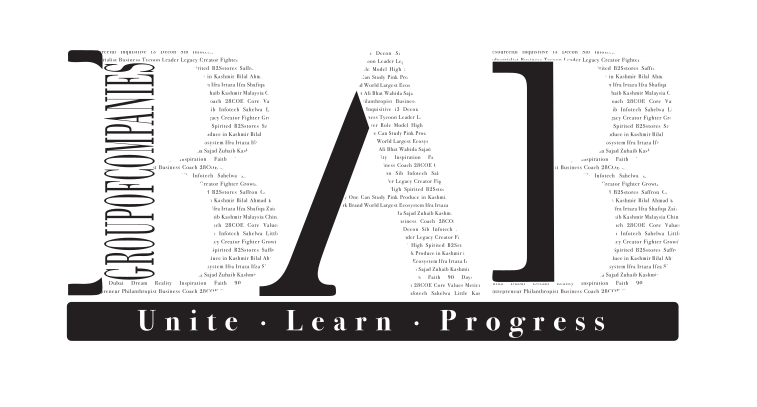In life, business, and leadership, conflict is inevitable — but avoidance is optional. Many people fear conflict as something destructive, chaotic, or harmful. But the truth is, conflict itself isn’t the problem. The real danger lies in avoiding it — in choosing silence when you should speak, comfort when you should confront, and distance when you should engage.
When handled with honesty and courage, conflict becomes a bridge, not a barrier. It’s through open dialogue and hard conversations that trust deepens, growth accelerates, and transformation begins. Yet, most of us retreat from it — at work, at home, or within ourselves — hoping problems will dissolve on their own. They don’t. They only multiply in the shadows of avoidance.
The Cost of Avoidance
Avoiding conflict is like ignoring a small crack in the foundation of a building. Over time, it widens, weakens, and eventually collapses everything you’ve built.
In organizations, avoidance kills innovation. Teams stop sharing ideas, creativity dies, and culture turns toxic. In relationships, silence replaces communication, resentment grows, and love fades.
And on a personal level, avoidance creates emotional stagnation. You stop expressing your needs, your truth, and your boundaries — leaving your inner world cluttered with unspoken frustrations.
The Power of Courageous Conversations
True progress begins when you stop running. Confrontation, done right, is an act of respect — not aggression.
It says, “I care enough to be honest.”
It says, “This matters to me.”
It says, “We can be better.”
The key is how you approach it. Conflict resolution isn’t about winning an argument; it’s about understanding perspectives. It’s about replacing blame with curiosity, assumptions with clarity, and resistance with empathy.
When teams, families, or communities engage in constructive conflict, they create psychological safety — an environment where people can disagree, challenge ideas, and still feel valued. This is where creativity blooms and trust takes root.
From Avoidance to Action
Avoidance may feel safe in the short term, but it’s a trap that costs more later. The courage to face conflict head-on is what separates thriving leaders, relationships, and communities from the ones that crumble.
Ask yourself today:
-
What conversation am I avoiding because it feels uncomfortable?
-
What truth am I suppressing to maintain peace on the surface?
-
What growth am I sacrificing for the illusion of harmony?
When you face conflict, you reclaim your voice. You reclaim connection. You reclaim progress.
The next time conflict arises — don’t avoid it. Step into it. That’s where transformation begins.

